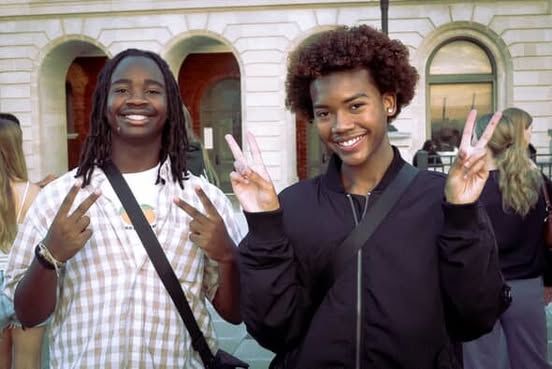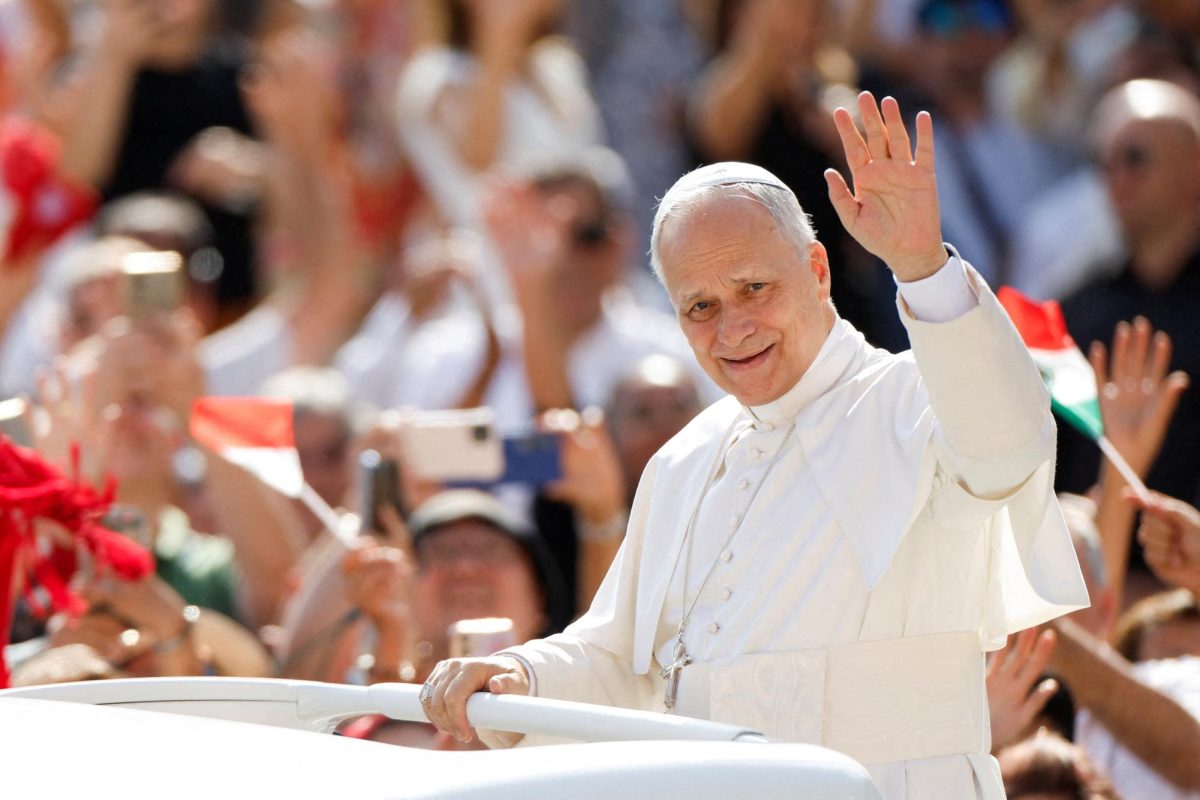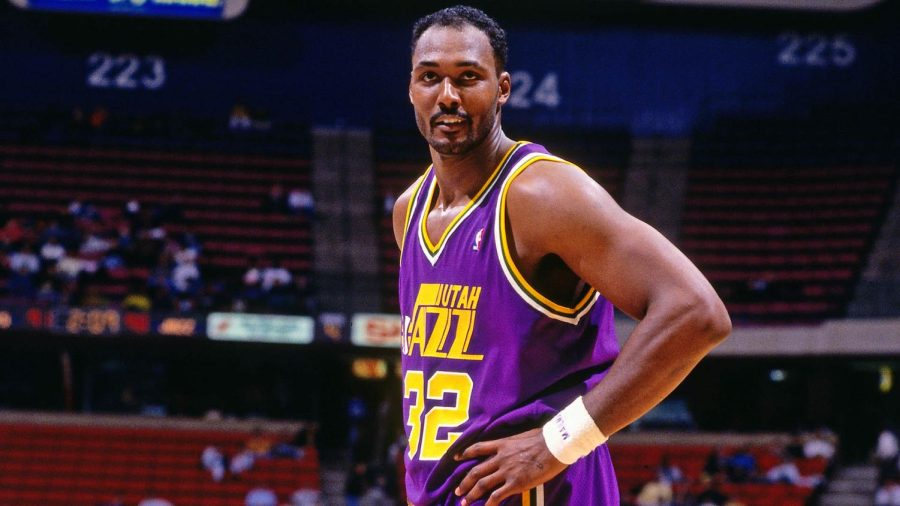Athletes, organizations pose difficult moral questions for fans
Utah Jazz retired star forward Karl Malone’s actions before entering the NBA make it difficult for any fan to justify rooting for him or his team.
April 29, 2022
The world of sports fandom is difficult to navigate. Sports are often a way for fans to relax and escape the real world, but no matter how much they try, the real world—especially the ugly parts—are still an important part of sports.
This may bring to mind the well-publicized past refusal of the NCAA to pay its players, or the equally well-publicized domestic violence charges brought against NFL players over the years.
Those, however, are only the most well-known moral issues within the sports world. Even those who have no fan affiliation with any sport are often informed and have opinions on these issues.
The more complex issues arise much further into sports fandom, issues about which casual or even some knowledgeable fans might not have as much information, or might have information which they choose to ignore.
This article will focus on these issues within the NBA, but they appear across all sports, especially in the major professional leagues.
On the level of the individual athlete, the greatest moral dilemma is whether or not it is acceptable to support or even discuss the abilities and accomplishments of a player who committed a heinous act off the court.
Again, some NFL players may come to mind when pondering this issue, but the there are other athletes who have, sadly, done far worse. The two most notable examples of this in the NBA are two former players, Utah Jazz star Karl Malone and the late Los Angeles Lakers star Kobe Bryant. Their stories may be disturbing to some readers.
Prior to entering the NBA, Malone, at age twenty, impregnated a 13-year-old girl. The girl’s parents took him to court for paternity, but he never faced any charges and in the end agreed to an out-of-court settlement. Malone went on to play in the NBA for nineteen seasons and is now third all-time on the scoring leaders list.
In 2003, Bryant was in his mid-twenties, was married, had a child, and had won three NBA championships, cementing himself as a star player in the league. Then, while staying in Colorado for knee surgery, he raped one of the housekeepers. The case caught a lot of attention, but before it went to trial, Bryant’s accuser decided she could not go on with the case. Bryant went on to play for thirteen more years, winning two more championships in that time.
Though Bryant’s case was far more publicized than Malone’s, it is Malone who NBA fans have shunned—and rightfully so. Yet Bryant, who has received nowhere near the same reaction, is by no means blameless.
While it is true that Bryant was young at the time and that he learned from his actions later in life, there is no excuse for the fact that he raped a young woman. It seems, instead, that he has remained in good standing with NBA fans because of how captivating of a player he was while in the league.
Though Malone was by all means a skilled and accomplished player, he never reached the heights that Bryant did, never garnered the same love from NBA fans. This points to a disturbing reality amongst some NBA fans: they are willing to overlook objectionable actions in the face of sporting accomplishments.
This is not to say, however, that these issues are always cut-and-dry. There are a number of pro athletes with morally objectionable characteristics, ranging in severity from those who have political beliefs and ideologies that may be out of line with some fans’ perspectives, to those who do business with corporations like Nike which have used child labor, to those who have committed more minor crimes, which some may consider forgivable after some time.
This does not apply exclusively to athletes; the owners of the organizations that employ those athletes often carry some moral baggage with them as well.
The most well-known owner of this variety is attorney Donald Sterling, who owned the Los Angeles Clippers until 2014, when he was banned for life from the league for his numerous and relentless racist outbursts.
While Sterling may be the most blatant and obvious offender, NBA franchise owners, by nature are wealthy and powerful people, meaning that a fair number of them have made their fortunes through amoral practices and believe that their current status gives them license to act as they please.
This is where watching and supporting a player and franchise with questionable morals becomes reasonable. Watching Brooklyn Nets star Kyrie Irving play basketball is not an endorsement of his anti-vaccination views, and following the Phoenix Suns is not an endorsement of majority owner Robert Sarver’s racist and misogynistic views.
It is, however, important for fans to acknowledge that these people hold these views. Fans should spend their money and show their public support for these groups accordingly, understanding who is benefitting from their support.
It is difficult in the modern world to find any large-scale entity made up of people who are entirely moral and ethical in their actions. Just as that does not mean fans cannot enjoy the products these entities create, it also does not mean that fans should not acknowledge and shed light on those faults and support positive change within those entities.





















